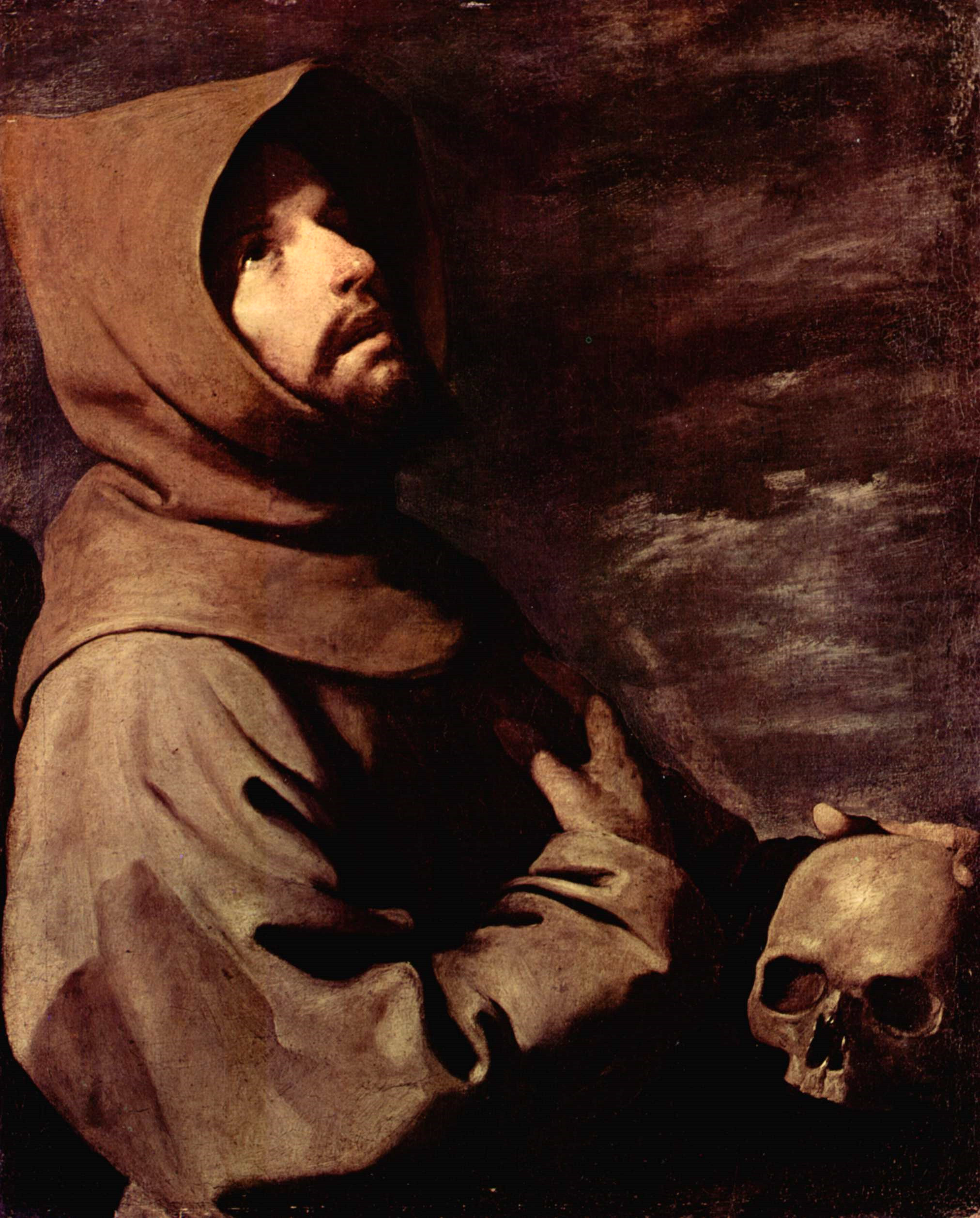Saturday, 22 February 2014
Theological Shorts - The Immutability of God
In this theological and philosophical reflection we proceed to explain the mind of the Angelic Doctor which was in complete harmony with the articles of Faith upheld by the Catholic Church concerning the immutability of God. Our guide shall be the Theological Summa, First Part, Question 9, Articles 1 and 2.
The metaphysical essence of God primarily consists of His self-existence or what one may term His aseity. This truth is what is first presented to the mind of man when He considers the nature of God. Alone of all that exists God is said to be pure act, without any admixture of potentiality, Who is rightly held to be Himself in virtue of Himself and not through another. The Thomists teach that His existence and His essence are identical as He requires no outside force or agent to unite them by acting upon Him. We posit only a minor virtual distinction between His divine attributes and each one is notionally included in the other without confusion and each formally possesses the divine nature entirely. His duration is eternal, His relation to the external created world is non-necessary and purely voluntary. His end is Himself and all that He wills is willed for Himself and His own goodness. His will is immutable, His liberty, supreme, His knowledge, the cause of all things. The mixed perfections of creatures are contained eminently and virtually in Him and other perfections when stripped of their human mode of signification may be formally attributed to Him.
We hold it be an article of Faith as well as a certain truth of reason that God, the creator of all that is, the fountain of all that moves, the sustainer of all that perishes is Himself immutable in a way not possessed by any other substance whether rational or purely spiritual. We posit absolute simplicity in the divine nature which can be known analogously and abstractly through a consideration of God's actions ad extra. Yet the objection may arise that the angels themselves are pure spirits, free from the encumbrance of finite matter to restrain their being, possessing no division of parts, having reached their end already. However they, like man and the rest of creation, possess their essence and existence ab alio. It is correct to say that they are self-subsisting beings, individuals which do not form part of another or exist in the form of an accident in another substance, but they are still brought into being from nothing and only held in being by the benevolent will of the one true and immutable God and if He willed that they should be not, they would simply disappear. It is to God alone that we ascribe self-existence, ens a se, in the most proper sense.
In addition we hold that God is immutable as regards His full possession of perfection or it may be more correct to state that He is Himself perfection of being. He requires no further knowledge to improve His choices, He is in no need of another to console His uniqueness in eternity, He is impassible in His divine nature and subject to no other. Who could move Him? Who could further determine Him? Who could even have existence beside from Him? He remains from all eternity what He is and He remains Himself without any 'shadow of alteration or decay'.
As a corollary let us pause to set out what Billuart has called the ''nodus totius theologiae intricatissimus'' and an 'aenigma sacrum' that of the relation between the divine immutability, which applies not only to the substance of God but also to His will, and His absolute liberty. God's decrees are entirely free of coercion, change or error. Although it is certainly puzzling to modern man, but God's immutability is the very foundation of His liberty. Man is often deceived as to his choices, which would for sure change if he knew all things and needed none of them, yet he holds himself free in choosing multitudinous objects in successive acts of the will as they are presented to Him. God possesses greater liberty inasmuch as His relation to the world is as the cause of it. There is no necessary relation of God to what is brought into being by Himself from nothing and therefore He is free supremely from want or obligation to act. Joseph Pohle explains furthers:
''The kernal of this difficulty is to be found in the thoroughly anthropomorphic conception of divine freedom which man forms after the analogy of his own free will, without considering that the liberty of God is something altogether different in kind...The liberty of God, on the other hand, is not an active indifference with respect to several subjective acts. It is but the indifference peculiar to a single, absolutely simple pure act, in relation to different objects. This divine act, being intrinsically necessary, immutable, and eternal, is extrinsically free, inasmuch as it implies a non-necessary, and therefore a free relation to the created universe'' (Dogmatic Theology, Volume 1)
God in one pure and simple act wills His own goodness and the created participatory goodness of that He chooses to bring into being. His will remains immutable while He creates in time what He has decreed from all eternity to bring forth.
Subscribe to:
Post Comments (Atom)

No comments:
Post a Comment